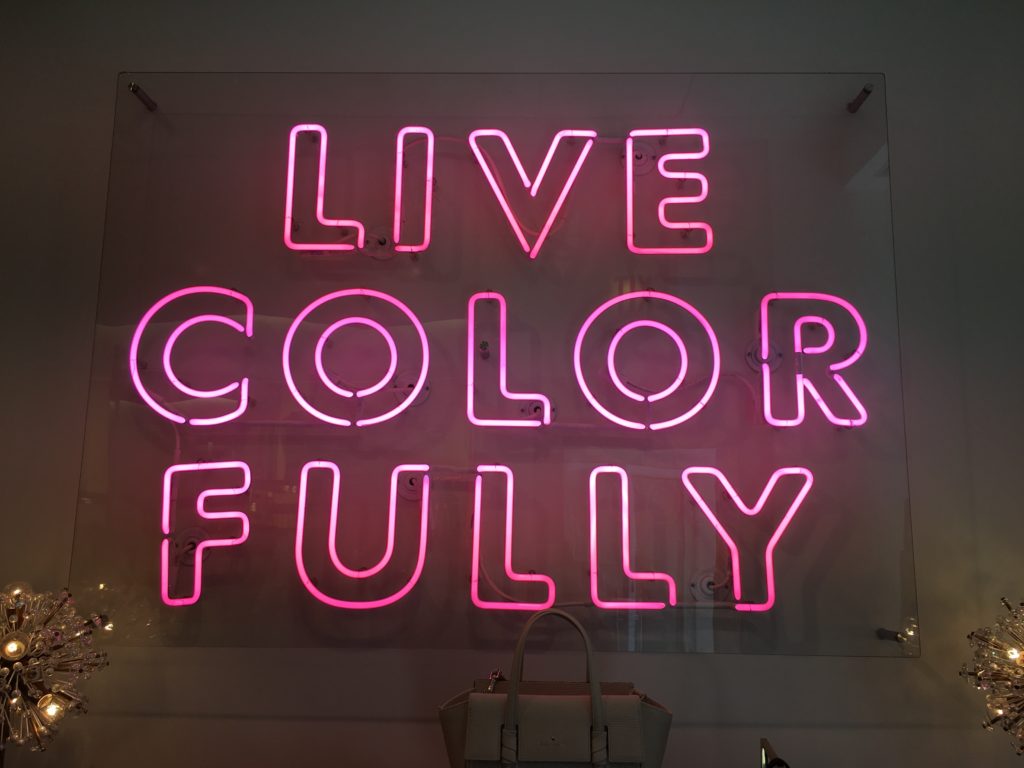I hear you ask this question a lot. Often, when I take the time and energy to answer it, you’re another white person and our context is that of in relationship — we know and love one another.

When you ask, from your tone, I sense that — in my talking about whiteness, racism, and race — you feel as though I’m trying to make you feel badly. Or that I see the bad parts of whiteness as somehow who you are. I hear you say that my highlighting these things awakens in you guilt, shame, and helpless vulnerability. Let me start off with saying that isn’t why I do this thing you’ve named “make everything about race.”
First, I don’t make everything about race. I don’t intend to bring race into all parts of my life. It just is. Yes — even as a white person — race is and has always been a part of every aspect of my life.
Second, a quick distinction — there’s a difference between pointing to the racism, racial imbalance, and whiteness we witness in the world and adding these things to the world. Most of the time, I’m simply noticing race and listening to the racialized experiences of others. I’m not bringing race in — race is already there ready to be realized.
Third, people thinking, talking about, and pointing to the ways race impacts our daily lives, is not making things about race. Things in the US are about race — not because someone says that it is — but because that is how our country is organized. No one person can make things about race because racial distinction only happens when there’s an other who is differently raced. In other words, together we make everything about race.
Much of everyday is about race because, in the US, our story is a story of race. None of us can leave our skin color at home when we go out in the world — it’s there wherever we go. We may wish to be free of racialization, but our social environment doesn’t work that way. Talking about whiteness is my way of noticing how race is and has been a part of my socialization and identity.
So, I guess you could say that my bringing up whiteness is about me and my inability to do nothing about the racial imbalance I see. Pointing out whiteness — the atrocities connected with our shared racial position and the norms and expectations I feel pressured to enact in order to maintain it — is not an easy thing for me to do. I share it with you because I want you to know who I am and what’s important to me. It’s about me showing up as my full self in our relationship and hoping you’ll do the same.
We’re always communicating about race, even when we’re not talking at all. In fact, not talking about race is what I learned from whiteness. My white socialization taught me to keep whiteness as center and ordinary by not pointing it out or paying attention to it. My not talking or thinking about the experience of being white, how whiteness influences me in my day-to-day, that is about race. Whiteness would have white people remain blind to the ways race is connected to our words, our actions, our experiences, and our perceptions.
I have lots of seemingly small decision points each day that are about race. Moments where I can perpetuate the racial status quo and maintain it or I can be different and resist. I’m unhappy with the racial inequity I see all around. I continue to “make everything about race” because exposing how whiteness influences me and impacts the world, is just one way I can work to end white dominance. Doing this is a part of who I am and, I hope you can understand that, loving me means loving this part of me too.
September 21, 2022 at 4:36 pm
Thank you. This is the third piece of yours that I have read. I am a white person, a writer who, at age 69, has decided to tell the story of what happened to my family in the late 60s in North Carolina when we broke with white solidarity. The reason I share this, is that I’m having a hard time getting myself to actually write the story. And reading what you’ve written helps me understand why. My Black friends from that time are all encouraging me to tell the story. And here I am suddenly paralyzed. My excuse is, I don’t want to center my own experience. But in reading what you’ve written, I see that I am centering whiteness by not telling the story.
Keep writing. I plan to keep reading what you write. And if you feel like it, feel free to contact me. I would love to be in dialogue with you.